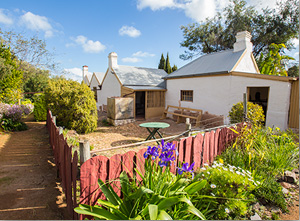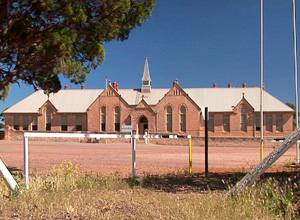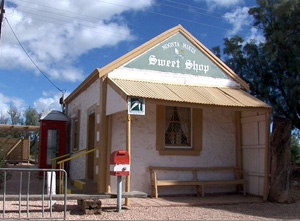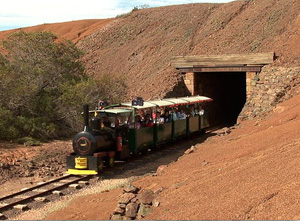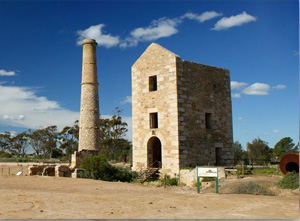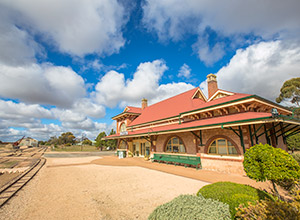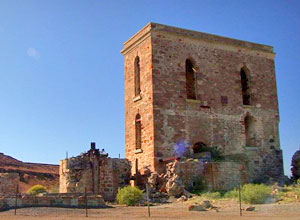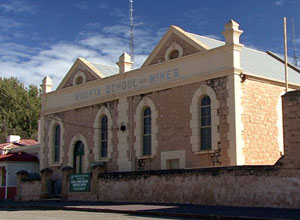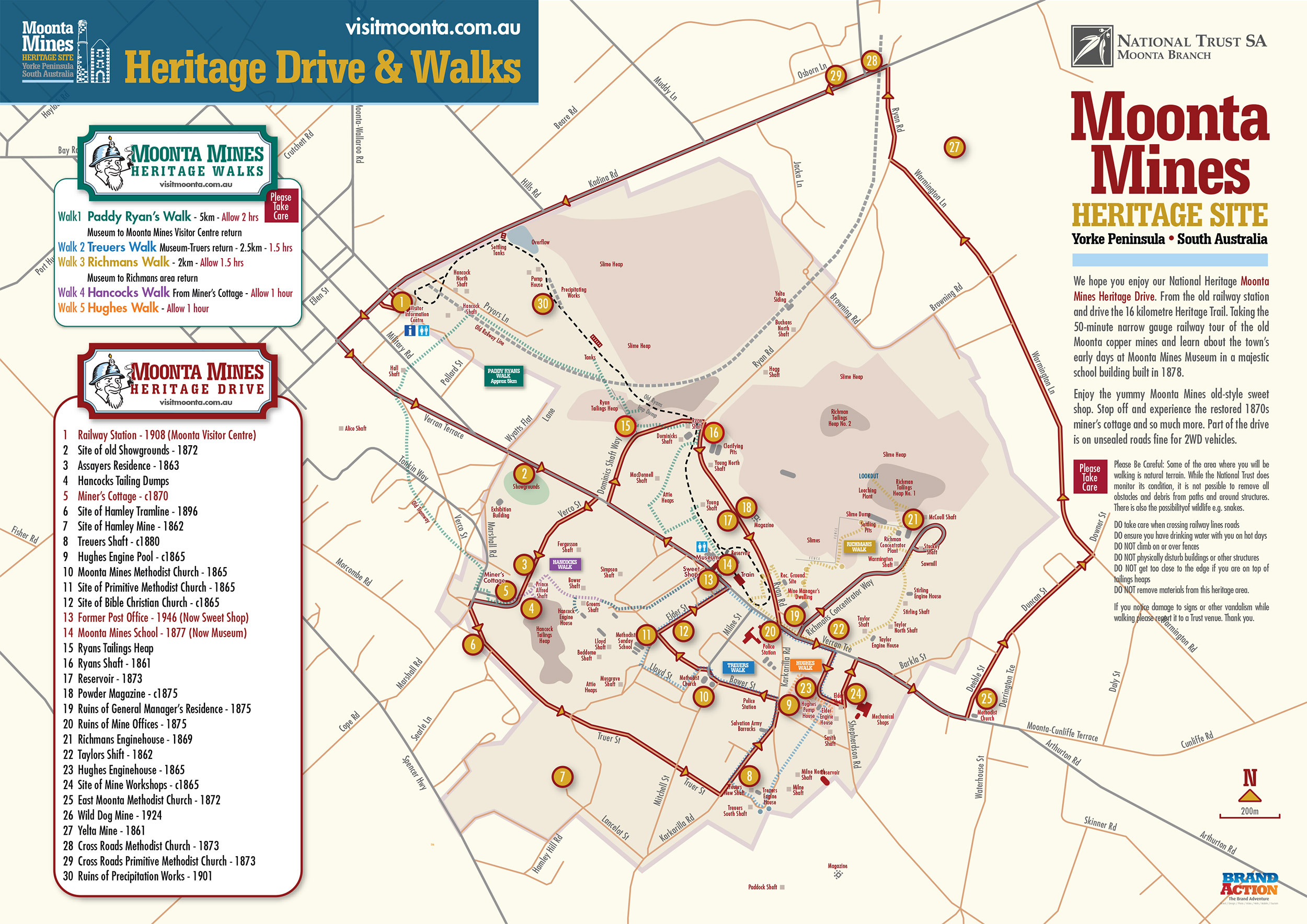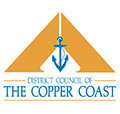Pickey Boys
By O.Pryor from the Peoples Weekly 1943.
There are still many who remember the old-time pickey boys. Nearly two generations have passed since they had to give way to mechanical ore sorting devices, and today their exploits have become legendary.
The job of the pickey boys was to sort the ore when it was brought to the surface, into ‘prill’ (rich ore), ‘alvins’ (low grade) or ‘attle’ (waste).
To get a job as pickey boy all one had to do was to wear long pants, put his age on a couple of years, and way-lay Captain Skinner when he was doing the rounds on his horse. If the deception was too obvious, the Captain would tell the boy to go home and eat a few more pasties and call back next year. Generally a few questions were asked about where the father worked, what chapel he attended, how many were in the family, and where they all lived. The place of residence was important, as there was in fact, a zoning system, although it has no such high sounding definition.
East Moonta boys worked at Taylor’s and Warmington’s, Hamley Flatters at Beddomes, and the boys from Cross Roads down Ogg’s.
The pickey tables were stout planks resting on trestles, and the boys sat on either side, like a tea meeting. The ore as it was hauled from the shaft was dumped on paved stone floors (still in existence), and men wheeled it up a plank onto the table top. Prill ore was picked out by the boys and placed in wooden trays, whilst the attle was scraped underneath like the crumbs from a rich man’s table.
Each group of boys worked under a boss who was entitled to be called Cap’n. His was a coat on job, and he had 6 pence a day above the basic wage. He did not work; his duty was to keep the boys up to the mark. If a boy slacked at all, Cap’n would call out, ‘Get on with thy work young varmint’ and if the boy gave any back chat, the Cap’n had full authority to ‘spale him’ a quarter stem. That meant the boy had to work a quarter of a day for no pay.
Stem is a Cornish term meaning day and it was used for years on the pay bills and in the account book; also for some inexplicable reason the period between closing down on Saturday and seven o’clock on the following Monday morning was known as ‘stem time’.
During a period of depression it was said that a Captain was offered the choice of retaining his title with a cut in pay of sixpence a day, or giving up the title and keeping his pay rate unchanged. He chose to retain his title.
Generally, there were hundreds of tons of ore under the ‘tips’ at the various shafts, and scores of hands worked on the floors. Men broke up the big rocks with sledgehammers, and some of the ore was put through a ‘Hurdy’ to separate the finer material, which was richer in copper content. The name of ‘Hurdy’ was derived from hurdy-gurdy, a barrel organ. Nobody ever thought to grease the hurdy, which was a revolving screen worked by a hook handle, and when half a dozen got going together the effect was similar to the noise made by a modern swing band.
Many pickey boys were destined to occupy exalted positions in the land. Some became Ministers of the Crown, and one Rev. Gordon Rowe was elected President of the Methodist Conference.
Mining 1912
Earth shocks in Taylor’s at Moonta Mines have taken place during the past year (in September 1911) through the collapsing of arches on the 1660ft. and 1440ft. levels. The cost of repairs and risks involved were so great that the working of the section was abandoned. Large excavations adjoining the sections had to be filled and other work had to be done. 40,000 tons of filling material as well as 100,000 feet of timber were used during the year on this work.
The quantity of copper gained from leaching Moonta slimes and heaps in the past 10 years has been 6,500 tons.
Mining 1917
DEAD DOG copper mine – J.E. Hicks and T.H. Hooper after 15 months dealing with the Minister of Mines have taken over the Dead Dog mine (one of the Yelta group). The main shaft is down 240 feet deep. It was first sunk in the early days of mining then sunk deeper by the French Company. A party of tributors later extracted some rich black ore. There is a boiler and winding engine on the property.
1921 Mining towns – origin of their names from an article copied by the ‘Peoples Weekly’ in March.
MOONTA, from the native dialect Moonta-Moontera meaning ‘place of impenetrable scrub. Before the discovery of copper the district was covered with dense mallee scrub, which in parts were almost impenetrable owing to the abundant growth of creepers.
YELTA – a native word referring to a small animal.
PARAMATTA – borrowed from New South Wales where the meaning has been recorded as ‘Place where the eels sit down’.



